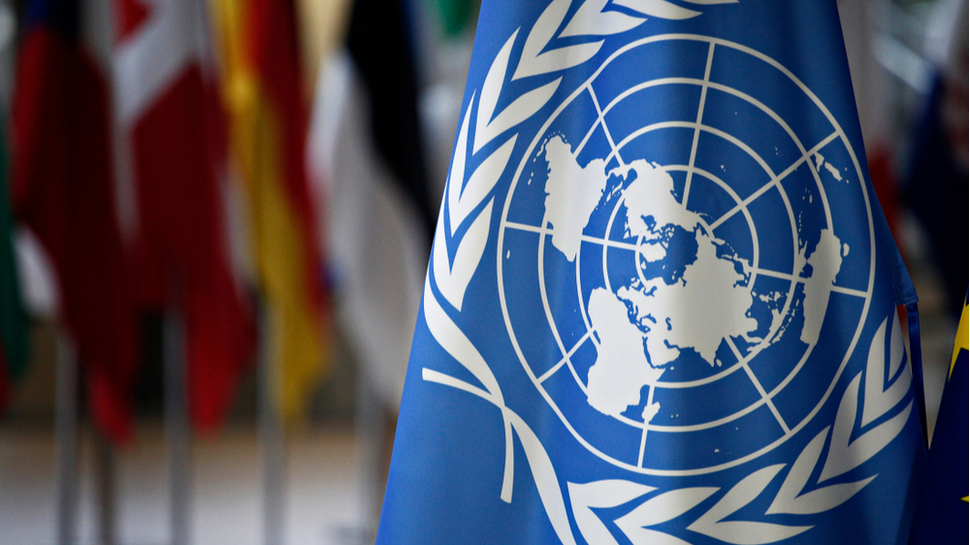
Member states of the United Nations (UN) have agreed on a draft convention text for a new cybercrime treaty after three years of planning and preparation.
The treaty will be the first global legally binding instrument on cybercrime, and is expected to be implemented by the UN General Assembly later in 2024.
The treaty is primarily to address the new means and growth that technology has presented to criminals and their activity, including terrorism, drug trafficking, migrant smuggling, firearms trafficking and more.
Cybercrime convention
The draft cybercrime convention was drawn up by civil, academic and private organizations across UN member states, with the United Nations Office on Drugs and Crime (UNODC) serving as the substantive secretariat.
UNODC Executive Director Ghada Waly said, “The finalization of this Convention is a landmark step as the first multilateral anti-crime treaty in over 20 years and the first UN Convention against Cybercrime at a time when threats in cyberspace are growing rapidly.”
“I congratulate Member States and the Ad Hoc Committee, under the leadership of Ambassador Faouzia Boumaiza-Mebarki as Chair and a strong representative of women diplomats, for guiding negotiations and reaching consensus on the final text. UNODC is immensely proud to have supported the negotiation process and to serve as the Secretariat of the Convention.”
“We will continue to play a central role in assisting in the implementation and ratification of the Convention, once adopted by the General Assembly, as well as providing technical assistance to Member States, as we work with all countries and partners to safeguard digital spaces,” Waly concluded.
The front page of the draft convention lays out its aims and objectives, stating that its purpose lies in, “Strengthening international cooperation for combating certain crimes committed by means of information and communications technology systems and for the sharing of evidence in electronic form of serious crimes.”
More from TechRadar Pro
- Here are the best VPNs with antivirus around today
- Ransomware firms had some basic security flaws that meant victims never had to pay up
- Take a look at the best firewalls to keep you secure







